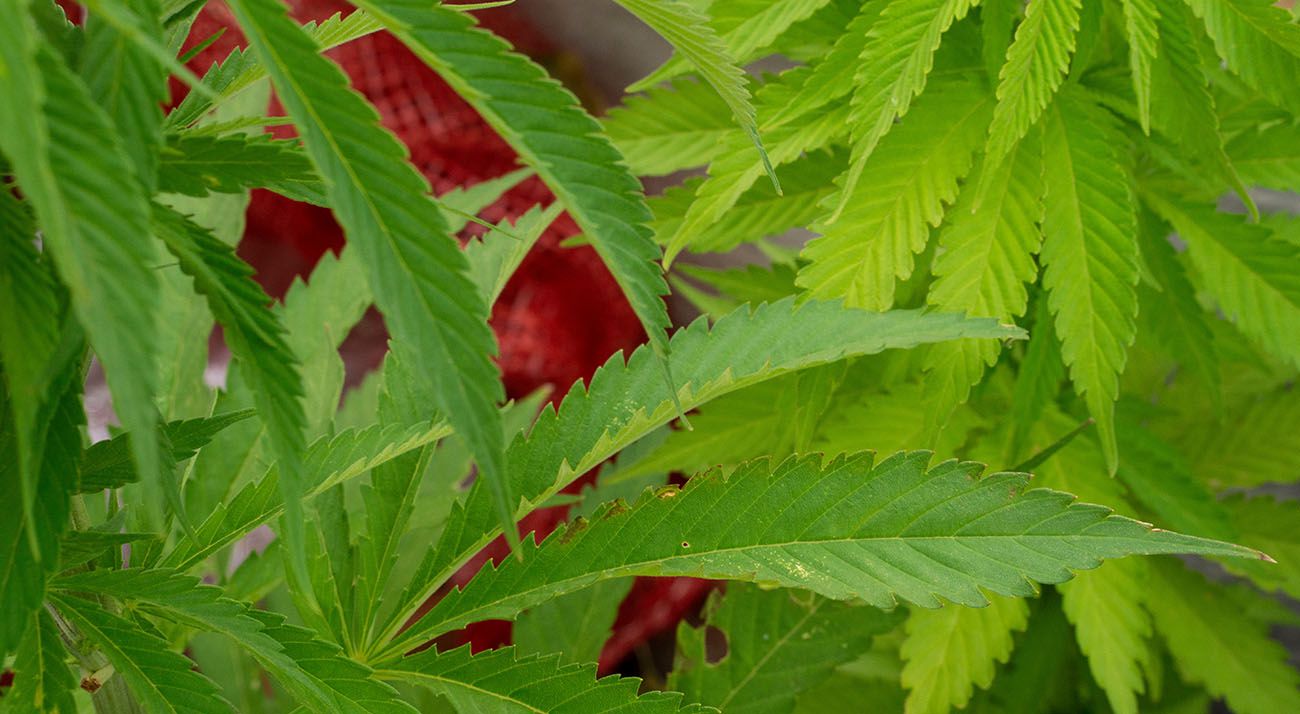While Tasmania’s medical cannabis industry has long lagged behind the rest of the country, commercial hemp growing is taking off all over the state.
Data from the Department of Primary Industries, Parks, Water and Environment (DPIPWE) shows that Tasmania grows about 80% of Australia hemp crops. Unlike other cannabis crops, hemp with a THC content of under 1% can be cultivated by any farmer with a license.
Between 2019 and 2020, the amount of land used to farm hemp in Tasmania grew by 15%. That’s an increase of 1,361 hectares to 1,569 hectares. As we are now on the tail end of warm weather, the hemp harvesting season is about to begin.
Although Tasmania may seem too frosty for hemp, the state offers many benefits for farmers. Hemp is an incredibly simple crop to grow outside, as it responds to basic water and fertiliser farming. It can also be used as a “filler crop” for farmland that would otherwise remain empty.
According to Nutrien Ag Solutions agronomist Emily Ruffo, hemp is also growing into a profitable export.
If the farmers in Tasmania can leverage off being Australia-grown and leverage off the clean, green Tasmanian brand, I definitely think the commercial hemp industry has a future.
Hemp is used in home, beauty, wellness, clothing and food products worldwide.
However, growing hemp in Tasmania isn’t always straightforward. As hemp is thick and ropy, it can get caught in harvesting machinery, causing thousands in damage. Hemp is also prone to the Heliothis caterpillar, which lays eggs in hemp seeds and eats them from the inside. Farmers need to spray hemp crops with a virus to stop the hungry Heliothis caterpillar.
Finally, current hemp farming methods produce a lot of waste, as the stubble that is left behind after harvest has no use. In future, this stubble may be used in Hempcrete, animal bedding and mulch – but this requires processing to turn hemp stubble into bales. Such an invention is currently the work of startup X-Hemp, which was founded by the Tasmanian Hemp Association’s executive officer Andi Lucas.
In the meantime, however, we can expect Tasmania’s hemp farming industry to continue to bloom.








